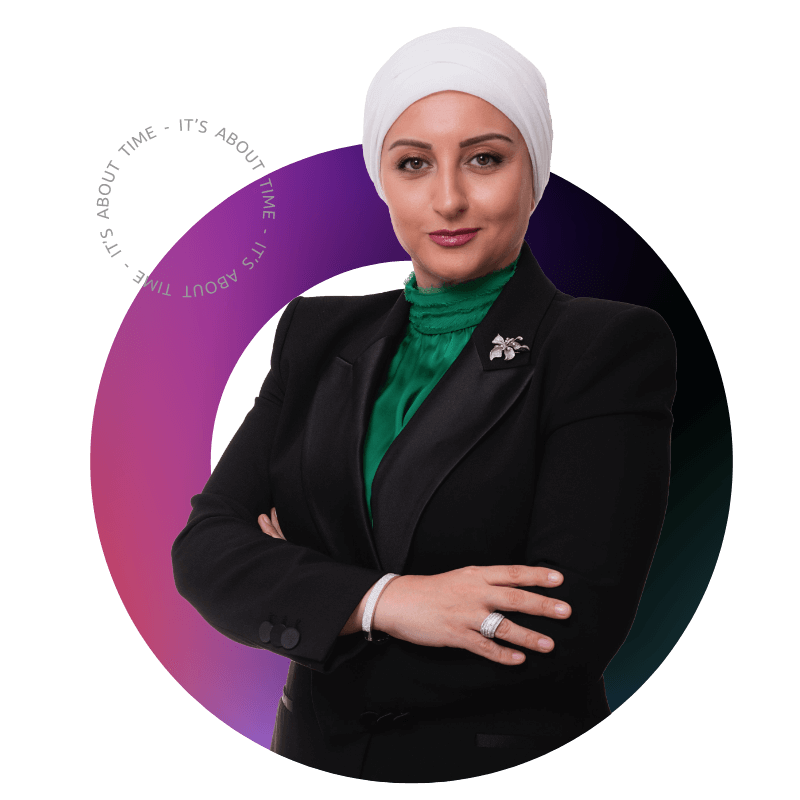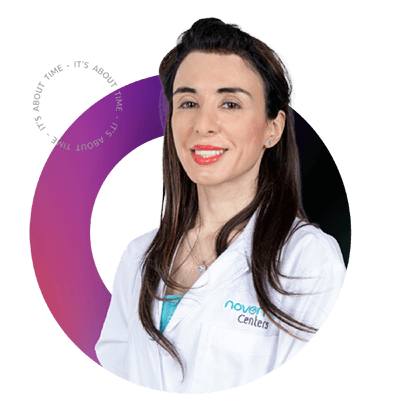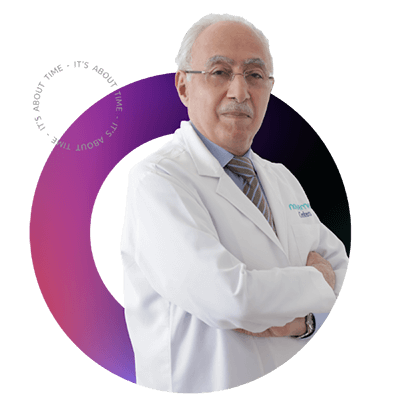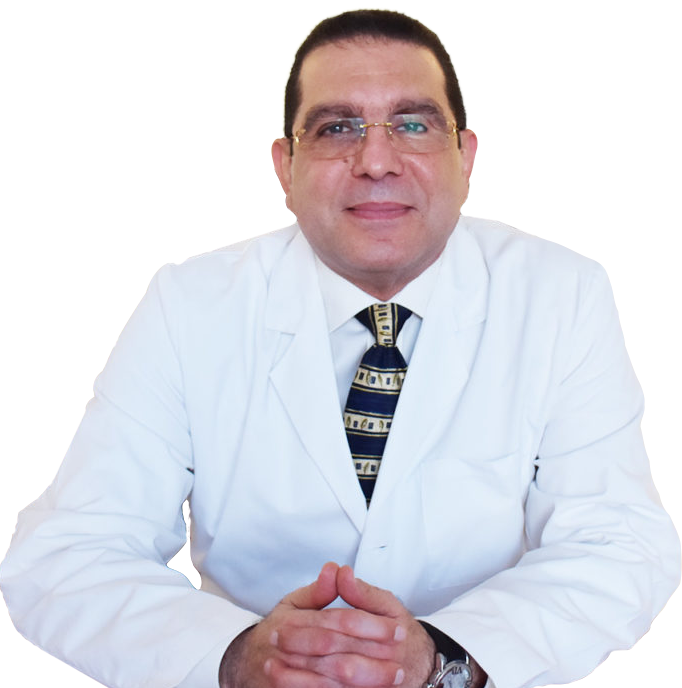Overview
Sinuses are air-filled pockets near your nose and eyes that produce mucus and clean the air you breathe by removing pollutants. Sinusitis, also known as rhinosinusitis, is a condition in which your sinuses become swollen and inflamed. This condition affects both adults and children, causing mucus to build up and making it difficult to breathe through the nose. Most cases of sinusitis are resolved after a week unless a bacterial infection develops.
What is sinusitis?
Sinusitis is a condition in which the lining of the sinuses near the nose becomes infected. This condition is most common following a cold or an allergic reaction flare-up.
What are the types of sinusitis?
There are four different types of sinusitis categorized depending on the duration of the condition:
1- Acute sinusitis – Symptoms only last for 2 to 4 weeks.
2- Subacute sinusitis – Symptoms can last from 4 to 8 weeks.
3- Chronic sinusitis – Poorly treated acute sinusitis might lead to chronic sinusitis, and symptoms last from 8 to 12 weeks.
4- Recurrent sinusitis. Recurrent sinusitis occurs when you have acute sinusitis numerous times in a year.
What causes sinusitis?
Sinusitis can be caused by various factors, including:
- Colds
- Allergies
- A deviated septum
- Nasal polyps (little growths in the lining of the nose)
- Infections
- Enlarged adenoids
- Smoking
What are the symptoms of sinusitis?
The most common sinusitis symptoms include:
- A runny nose with thick discharge
- Nasal blockage and breathing problems
- Headache, fatigue, or fever
- Facial pain, pressure, and swelling
- Throat irritation and coughing
How is sinusitis diagnosed and treated?
During your consultation, our ENT specialist will review your medical history and symptoms and examine the inside of your nose to look for soreness. To determine the cause of sinusitis, our doctor may request a blood test, a CT scan, or an allergy test.
Depending on the type and cause of your condition, sinusitis can be treated in various ways, including:
- Over-the-counter pain medication, such as Tylenol or ibuprofen to relieve discomfort.
- Antihistamines or allergy shots – if sinusitis is caused by allergies.
- Antibiotics – if sinusitis is caused by bacteria.
- Antifungal medication – if sinusitis is caused by fungi.
- Nasal saline spray – to clear your nasal passages and treat inflammation.
- Corticosteroids – to treat severe sinusitis inflammation.
- Endoscopic sinus surgery. This procedure is performed under general anesthesia to clear blockages in your sinuses. Our doctor will put an endoscope (a thin, flexible tube with a light) through your nose to examine the inside of your sinuses. They will use specialized equipment to remove scar tissue or shave away a polyp that is causing the nasal blockage or enlarge a limited sinus aperture to enhance drainage.
Our ENT doctor will provide you with post-treatment instructions that will help lower the chances of sinusitis recurrence in the future. It would be helpful to frequently wash your hands, avoid any sinusitis-related triggers, and stop smoking. Whenever you experience sinus pressure, you can use a syringe to rinse your nasal passages or apply a warm compress to your nose to reduce sinus pressure.
Schedule your appointment at Novomed today!
If you are experiencing sinusitis symptoms, make an appointment with one of our expert ENT specialists to learn more about your condition and treatment options.
Book your consultation today by calling toll-free 8006686 or clicking the live chat icon at the bottom of the screen.





























